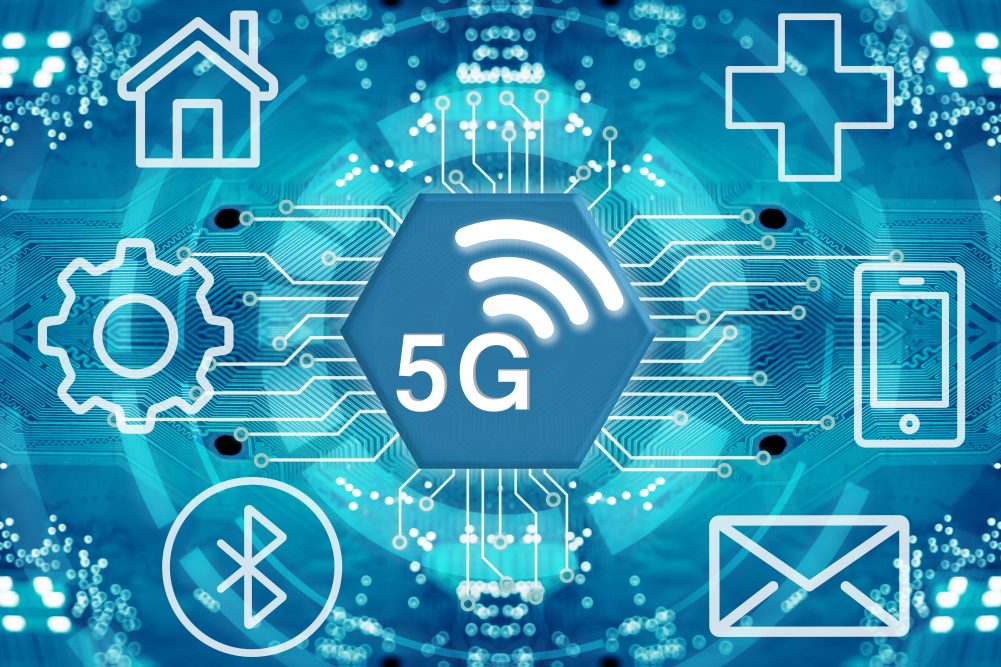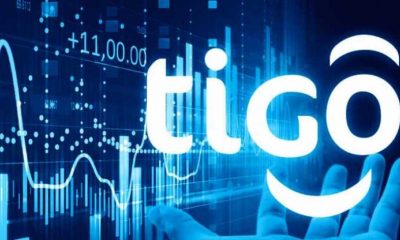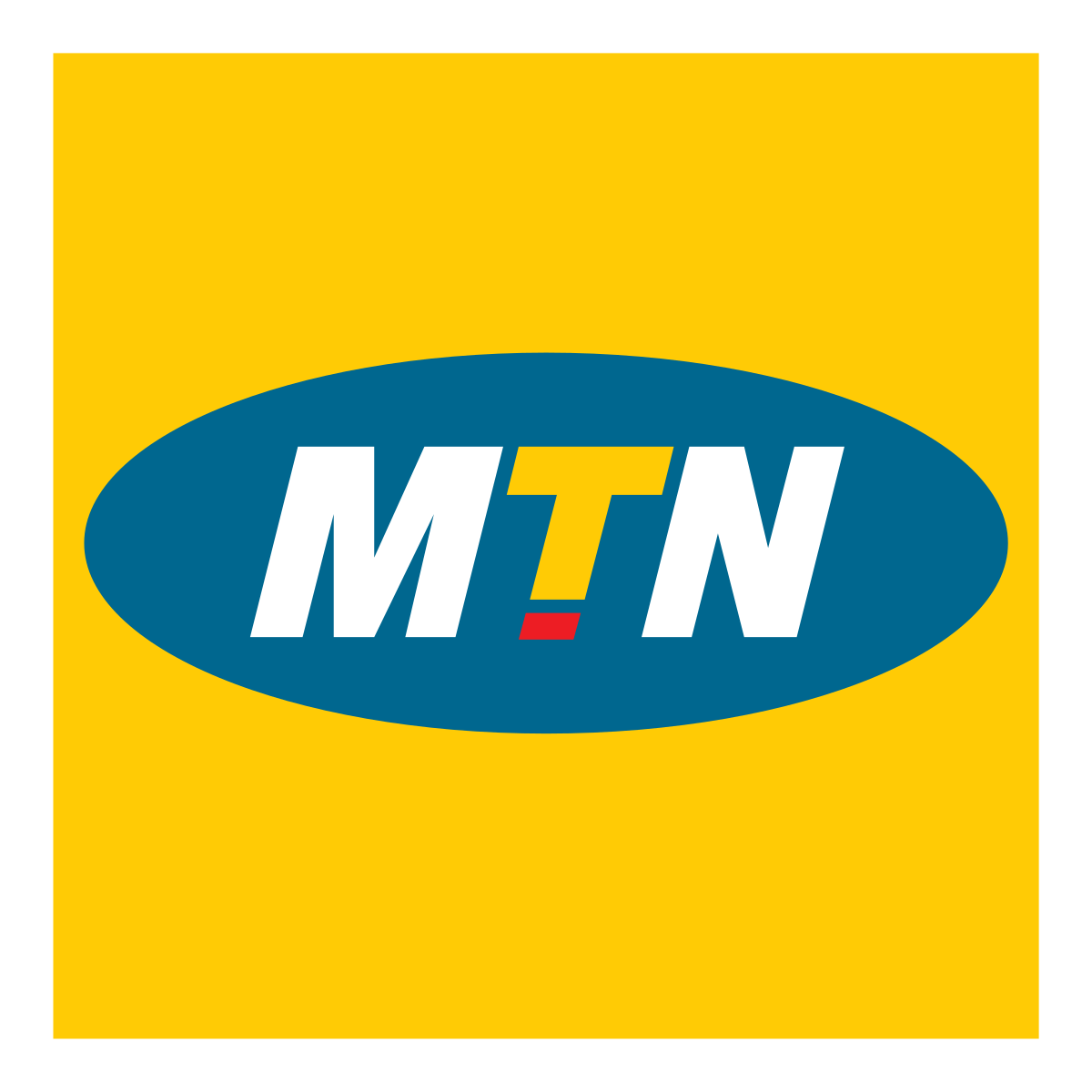Technology
Nigeria Begins Policy Framework for 5G Deployment

By Adedapo Adesanya
Despite recent headwinds faced by the deployment of fifth Internet generation (5G) technology, the Nigerian Communications Commission (NCC) has made it known that it is going ahead with the plans.
This, the commission made known, as it revealed the process leading to developing a policy framework for rolling out 5G technologies in the country.
In April, the NCC was faced with backlash from some Nigerians, who claimed that 5G was hazardous to human health, going on to link it with the spread of the coronavirus. However, the agency was able to quell the rumours, assuring citizens that their welfare would always be prioritised.
Now, the commission has called for stakeholders’ participation in putting the policy framework in place.
In a document signed by Mr Henry Nkemadu, NCC Director of Public Affairs, the industry regulator said it was doing this in line with the provisions of Section 4(q) of the Nigerian Communications Act 2003 (the NCA).
The section empowers the NCC to prepare and implement programmes and plans that promote and ensure the development of the communications industry and the provision of communications services in Nigeria.
“Further to this mandate, the Commission considered that the deployment of Fifth Generation (5G) Technology will be beneficial for the socio-economic development of Nigeria.
“The technology is an advancement of existing mobile technologies (2G – 4G) with enhanced capabilities providing new and enhanced mobile communications services.
“Such enhancements include applications like Internet of Things (IoT), Artificial Intelligence (AI), Robotics, Drones, Advanced Communication Systems, Cloud, 3D Printing, Mixed Reality, Simulation/Imaging, Gamification,” the document read.
The NCC said these would bring improvements in manufacturing, transportation, public services, health and social works, agriculture, energy, logistics, media and entertainment.
Other industries to benefit tremendously from 5G rollout include mining and quarrying, machinery and equipment, automotive, education, information and communication, urban infrastructure, consumer experience, sports, semiconductor technologies, among others.
The commission said the deployment of the technologies will promote the National Digital Economy for a Digital Nigeria that will improve the way Nigerians live and work.
5G has been deployed commercially and in use in some countries. As with the previous technologies, the International Commission for Non-ionizing Radiation Protection (ICNIRP) has classified radiation from 5G as non-ionizing and therefore, safe for human beings.
Following global trends in telecommunications development of 5G, the NCC in November 2019, embarked on a Proof of Concept (trial) with MTN in six locations using different equipment vendors for a period of three months.
At the time, relevant stakeholders including members of the security agencies were involved in the trial.
The trial was conducted to enable the commission assess the performance of the technology in comparison with existing technologies, evaluate compliance to health and safety guidelines and also use the lessons learnt to guide policy towards commercial deployment.
The trial, which was conducted on the 3.5 GHz and 26 GHz bands, was successfully completed with performance showing improvement of 5G over the previous technologies with the radiation levels well below the specified human safety guidelines.
However, the equipment used in the trials have long been decommissioned in all the locations, NCC said.
In view of the successful completion of the trial and a directive from the minister of communication and digital economy, the commission commenced the development of a policy for the deployment of 5G in Nigeria.
“In line with its powers under section 57 of the NCA, and the need for wide public consultation, the process of developing this policy will involve a Public Inquiry which will involve all relevant stakeholders in the review and consultation process.
“The following Stakeholders have been identified: Ministry of Communications & Digital Economy, Office of the National Security Adviser, the National Assembly, Ministry of Health, National Environmental Standards & Regulations Enforcement Agency, and Consumer advocacy groups,” it said.
The commission also called on the academia, Nigerian Society of Engineers (NSE), Nigerian Medical Association (NMA) World Health Organisation (WHO), Council for the Regulation of Engineering in Nigeria (CREN), Mobile Network Operators (MNOs), Nigerian Institute of Electrical and Electronic Engineers (NIEEE), Nigerian Institute of ICT Engineers, Association of Telecommunications Companies of Nigeria (ATCON), Association of Licensed Telecommunications Operators of Nigeria (ALTON), amongst others.
The NCC further said that the consultative document is currently being developed and will be shared with these stakeholders and the general public, following which a Stakeholder Consultative Forum will be held.
The commission added the views of all stakeholders will be considered in the final policy.
“Accordingly, the details of the proposed public consultation will be widely published in due course. 5G will not be deployed in Nigeria until the policy is concluded and approved,” NCC said.
Technology
Leticia Otomewo Becomes Secure Electronic Technology’s Acting Secretary

By Aduragbemi Omiyale
One of the players in the Nigerian gaming industry, Secure Electronic Technology (SET) Plc, has appointed Ms Leticia Otomewo as its acting secretary.
This followed the expiration of the company’s service contract with the former occupier of the seat, Ms Irene Attoe, on January 31, 2026.
A statement to the Nigerian Exchange (NGX) Limited on Thursday said Ms Otomewo would remain the organisation’s scribe in an acting capacity, pending the ratification and appointment of a substantive company secretary at the next board meeting.
She was described in the notice signed by the Managing Director of the firm, Mr Oyeyemi Olusoji, as “a results-driven executive with 22 years of experience in driving business growth, leading high-performing teams, and delivering innovative solutions.”
The acting secretary is also said to be “a collaborative leader with a passion for mentoring and developing talent.”
“The company assures the investing public that all Company Secretariat responsibilities and regulatory obligations will continue to be discharged in full compliance with the Companies and Allied Matters Act, applicable regulations, and the Nigerian Exchange Limited Listing Rules,” the disclosure assured.
Meanwhile, the board thanked Ms Attoe “for professionalism and contributions to the Company during the period of her engagement and wishes her well in her future endeavours.”
Technology
Russia Blocks WhatsApp Messaging Service

By Adedapo Adesanya
The Russian government on Thursday confirmed it has blocked the WhatsApp messaging service, as it moves to further control information flow in the country.
It urged Russians to use a new state-backed platform called Max instead of the Meta-owned service.
WhatsApp issued a statement earlier saying Russia had attempted to “fully block” its messaging service in the country to force people toward Max, which it described as a “surveillance app.”
“Today the Russian government attempted to fully block WhatsApp in an effort to drive people to a state-owned surveillance app,” WhatsApp posted on social media platform X.
“Trying to isolate over 100 million users from private and secure communication is a backwards step and can only lead to less safety for people in Russia,” it said, adding: “We continue to do everything we can to keep users connected.”
Russia’s latest move against social media platforms and messaging services like WhatsApp, Signal and Telegram comes amid a wider attempt to drive users toward domestic and more easily controlled and monitored services, such as Max.
Russia’s telecoms watchdog, Roskomnadzor, has accused messaging apps Telegram and WhatsApp of failing to comply with Russian legislation requiring companies to store Russian users’ data inside the country, and of failing to introduce measures to stop their platforms from being used for allegedly criminal or terrorist purposes.
It has used this as a basis for slowing down or blocking their operations, with restrictions coming into force since last year.
For Telegram, it may be next, but so far the Russian government has been admittedly slowing down its operations “due to the fact that the company isn’t complying with the requirements of Russian legislation.”
The chat service, founded by Russian developers but headquartered in Dubai, has been a principal target for Roskomnadzor’s scrutiny and increasing restrictions, with users reporting sluggish performance on the app since January.
Technology
Nigerian AI Startup Decide Ranks Fourth Globally for Spreadsheet Accuracy

By Adedapo Adesanya
Nigerian startup, Decide, has emerged as the fourth most accurate Artificial Intelligence (AI) agent for spreadsheet tasks globally, according to results from SpreadsheetBench, a widely referenced benchmark for evaluating AI performance on real-world spreadsheet problems.
According to the founder, Mr Abiodun Adetona, the ranking places Decide alongside well-funded global AI startups, including Microsoft, OpenAI, and Anthropic.
Mr Adetona, an ex-Flutterwave developer, also revealed that Decide now has over 3,000 users, including some who are paying customers, a signal to the ability of the startup to scale in the near future.
SpreadsheetBench is a comprehensive evaluation framework designed to push Large Language Models (LLMs) to their limits in understanding and manipulating spreadsheet data. While many benchmarks focus on simple table QA, SpreadsheetBench treats a spreadsheet as a complex ecosystem involving spatial layouts, formulas, and multi-step reasoning. So far, only three agents rank higher than Decide, namely Nobie Agent, Shortcut.ai, and Qingqiu Agent.
Mr Adetona said SpreadsheetBench measures how well AI agents can handle practical spreadsheet tasks such as writing formulas, cleaning messy data, working across multiple sheets, and reasoning through complex Excel workflows. Decide recorded an 82.5% accuracy score, solving 330 out of 400 verified tasks.
“The result reflects sustained investment in applied research, product iteration, and learning from real-world spreadsheet workloads across a wide range of use cases,” Mr Adetona told Business Post.
For Mr Adetona, who built Decide out of frustration with how much time professionals spend manually cleaning data, debugging formulas, and moving between sheets, “This milestone highlights how focused engineering and domain-specific AI development can deliver frontier-level performance outside of large research organisations. By concentrating on practical business data problems and building systems grounded in real user environments, we believe smaller teams can contribute meaningfully to advancing applied AI.”
“For Decide, this is a foundation for continued progress in intelligent spreadsheet and analytics automation,” he added.
-

 Feature/OPED6 years ago
Feature/OPED6 years agoDavos was Different this year
-
Travel/Tourism10 years ago
Lagos Seals Western Lodge Hotel In Ikorodu
-

 Showbiz3 years ago
Showbiz3 years agoEstranged Lover Releases Videos of Empress Njamah Bathing
-

 Banking8 years ago
Banking8 years agoSort Codes of GTBank Branches in Nigeria
-

 Economy3 years ago
Economy3 years agoSubsidy Removal: CNG at N130 Per Litre Cheaper Than Petrol—IPMAN
-

 Banking3 years ago
Banking3 years agoSort Codes of UBA Branches in Nigeria
-

 Banking3 years ago
Banking3 years agoFirst Bank Announces Planned Downtime
-

 Sports3 years ago
Sports3 years agoHighest Paid Nigerian Footballer – How Much Do Nigerian Footballers Earn


















